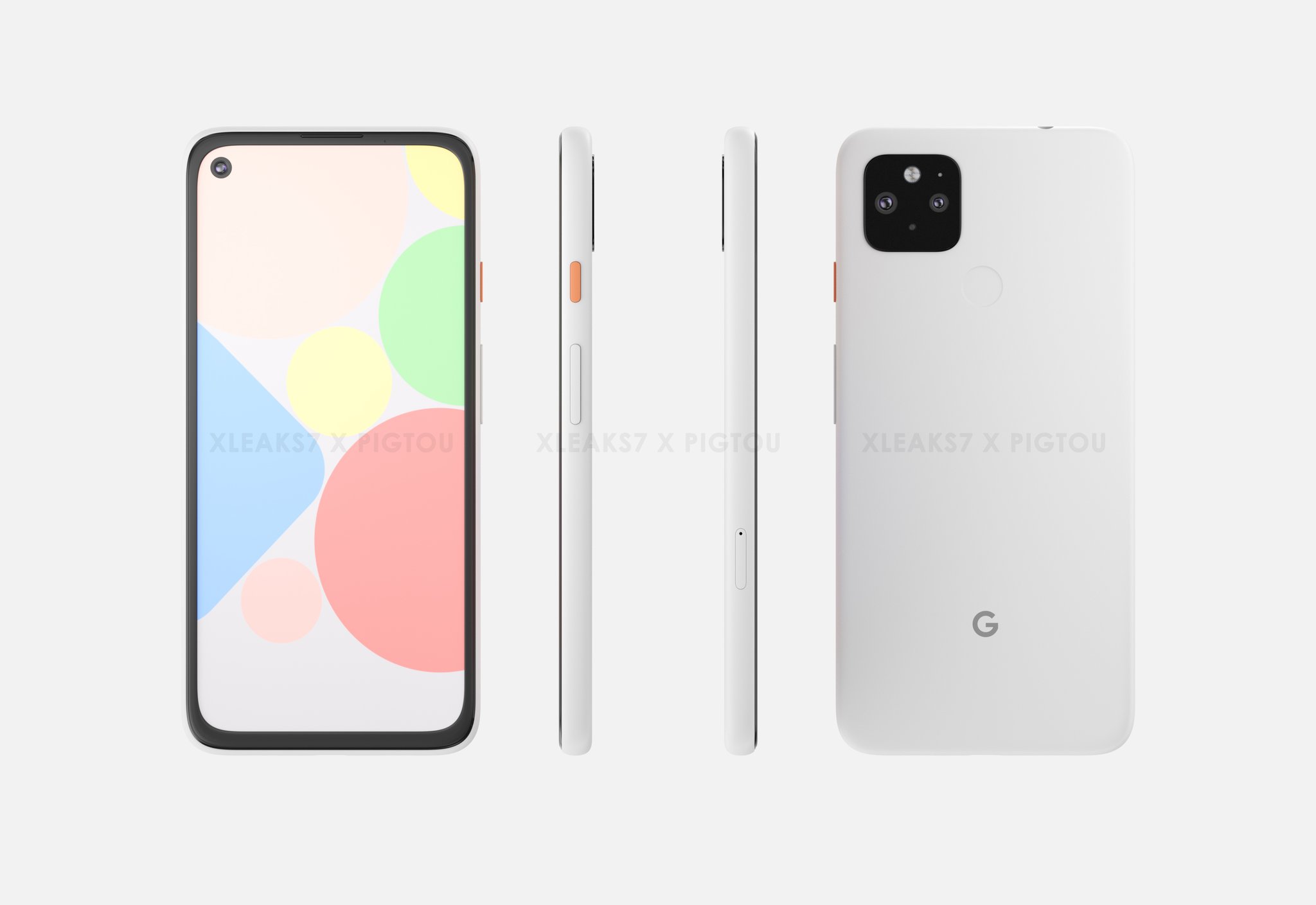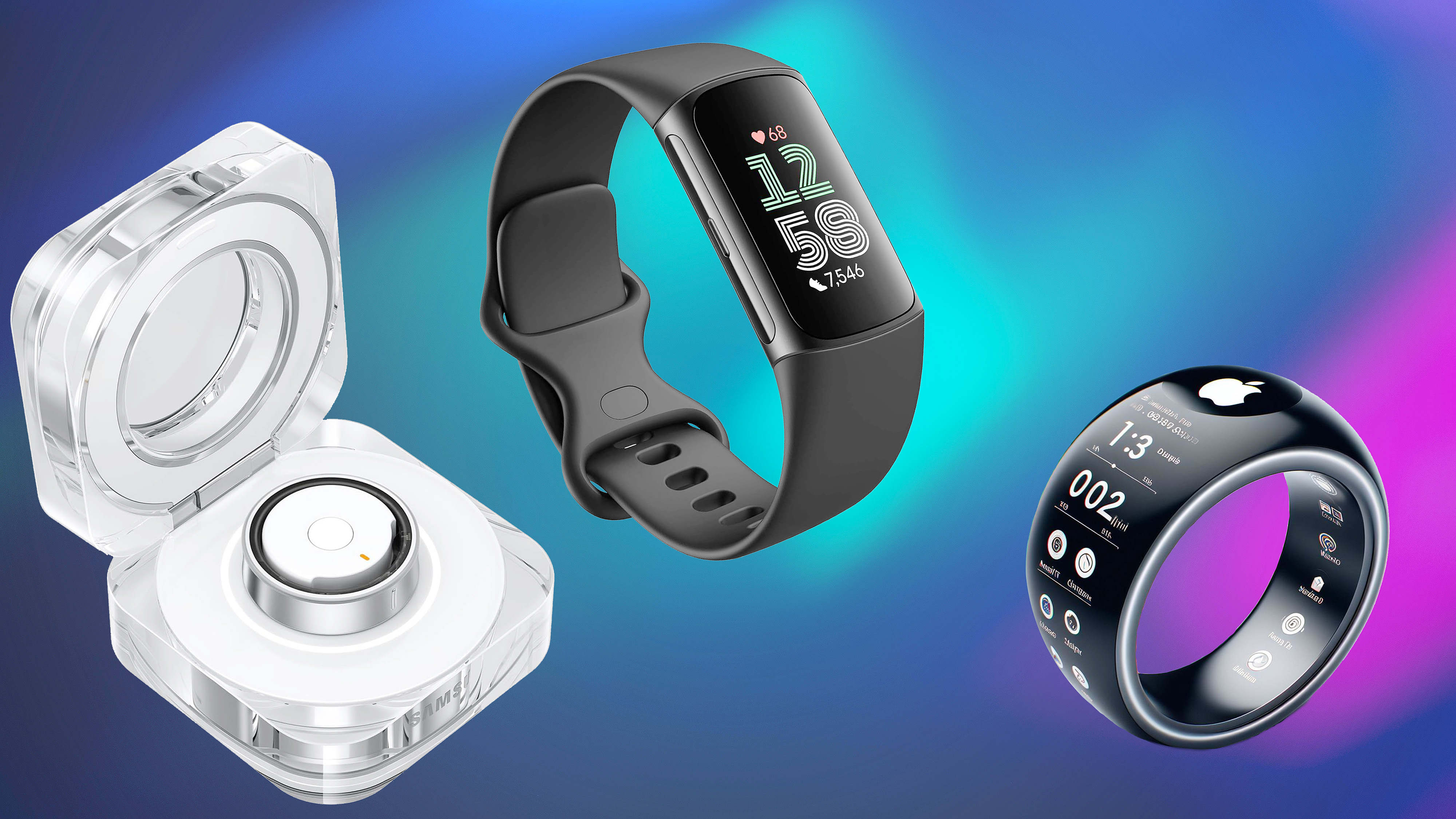Google Pixel 4a could be the Android phone to beat — and a nightmare for iPhone 12
The Google Pixel 4a may be so good at $349 that it could make the iPhone 12 look overpriced

Based on recent reports, the Google Pixel 4a’s release date is now in limbo, and the phone could be pushed back to July or even August. On the surface, this reported Pixel 4a delay doesn’t look good for Google. But it could also be bad news for Apple and the iPhone 12.
When you think about what the Pixel 4a will likely offer for its very low $349 price, the alleged entry-level $649 iPhone 12 could look overpriced by comparison. Think about everything you should get for you money in the Pixel 4a.
- Google Pixel 4a: Release date, price, specs and leaks
- Samsung Galaxy Note 20 Ultra just leaked
- Plus: Galaxy Fold 2 release date leaked, and it's later than we thought
The Pixel 4a is rumored to feature a 5.8-inch OLED display, which would be bigger than the 5.4-inch panel on the entry-level iPhone 12. The iPhone 12 should have the edge in terms of resolution, but I don't think most shoppers are going to care about a higher pixel count on the iPhone.
You'll also likely see 128GB of storage to start on the Pixel 4a, which would be double what's inside the iPhone SE and equal to the leaked specs of the iPhone 12.
While Apple refuses to adopt USB-C for fast charging, the Pixel 4a should have a USB-C port just like it's predecessor and 18W charging. The iPhone 12 will reportedly stick with a Lightning port. The iPhone 11 shipped with a 5-watt charger and only the iPhone 11 Pro offered a fast 18W charger out of the box, and we haven't heard any rumors that this is going to change for the iPhone 12 lineup.
The Pixel 4a will likely feature just a single main 12MP camera, compared to the wide and ultra-wide shooters on the iPhone 12. But Google has always done a good job delivering excellent images with limited hardware, thanks to its computational photography chops. Its Night Sight is a great example
Based on leaks, the Pixel 4a wouldn't have a notch up front like the iPhone 12. Instead, there should be a small punch hole camera in the upper left corner. The iPhone 12's notch is supposed to be smaller than the one in the iPhone 11 but it will likely still be larger than the Pixel 4a's cutout.
Get instant access to breaking news, the hottest reviews, great deals and helpful tips.
At first, the Pixel 4a was said not to offer wireless charging, one of the advantages the iPhone SE and the iPhone 12 would have over Google's phone. But a recent leak points to Google offering wireless charging on the Pixel 4a after all.
Pixel 4a drawbacks vs iPhone 12
The two biggest drawbacks for the Pixel 4a vs the iPhone 12 look like the processor and 5G connectivity. The rumor is that the Pixel 4a will pack a Snapdragon 730 processor. This should offer decent performance for a mid-range phone, but the iPhone 12's rumored A14 Bionic chip should once again be the fastest in any phone.
More important, if Google opts for the Snapdragon 730 and not the newer Snapdragon 765 chip, the Pixel 4a would not support 5G networks. So that means you would not enjoy faster download speeds in a growing number of cities. In other words, the Pixel 4a would not be future-proof.
As mentioned above, the Pixel 4a will likely also lack an ultra-wide camera. This is not something you can achieve in software. So if you want to take in more of the scene without stepping back, the iPhone 12 will be the better option.
Bottom line
Overall, though, the Pixel 4a could steal at least some of the thunder from the iPhone 12 later this summer and heading into the fall. With the economy only starting to rebound, lots of people may consider the Pixel 4a that would not have even noticed it before. A $349 Pixel 4a that's good enough for most — and with a display that's much bigger than the iPhone SE's — could look like a steal next to an iPhone 12 that costs $300 more.
Mark Spoonauer is the global editor in chief of Tom's Guide and has covered technology for over 20 years. In addition to overseeing the direction of Tom's Guide, Mark specializes in covering all things mobile, having reviewed dozens of smartphones and other gadgets. He has spoken at key industry events and appears regularly on TV to discuss the latest trends, including Cheddar, Fox Business and other outlets. Mark was previously editor in chief of Laptop Mag, and his work has appeared in Wired, Popular Science and Inc. Follow him on Twitter at @mspoonauer.

